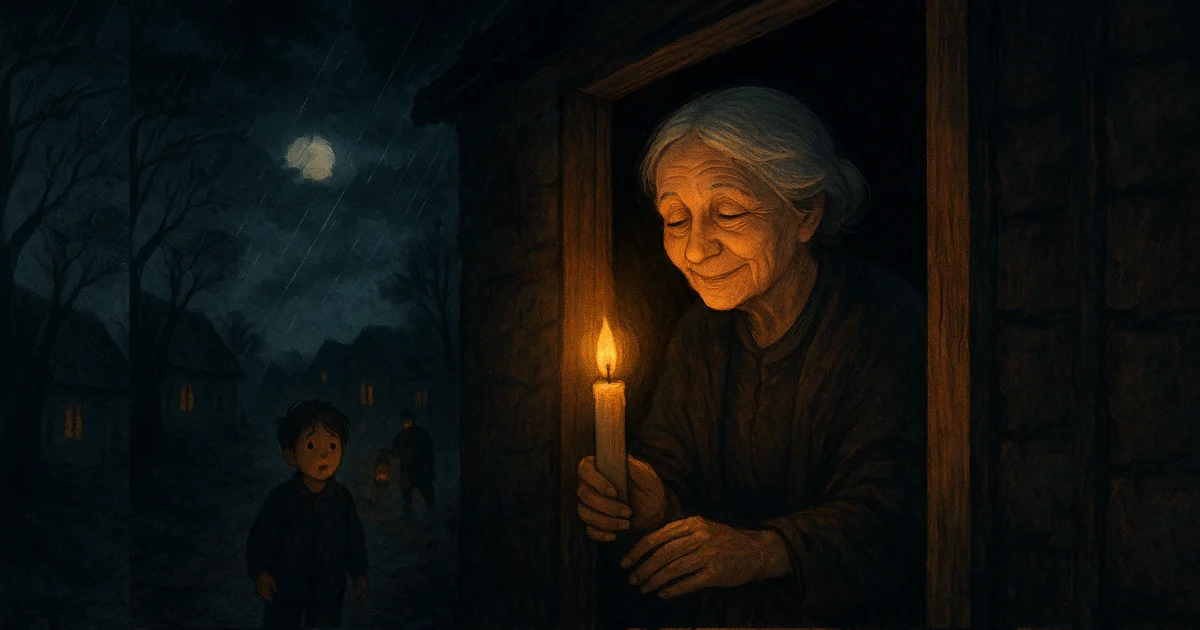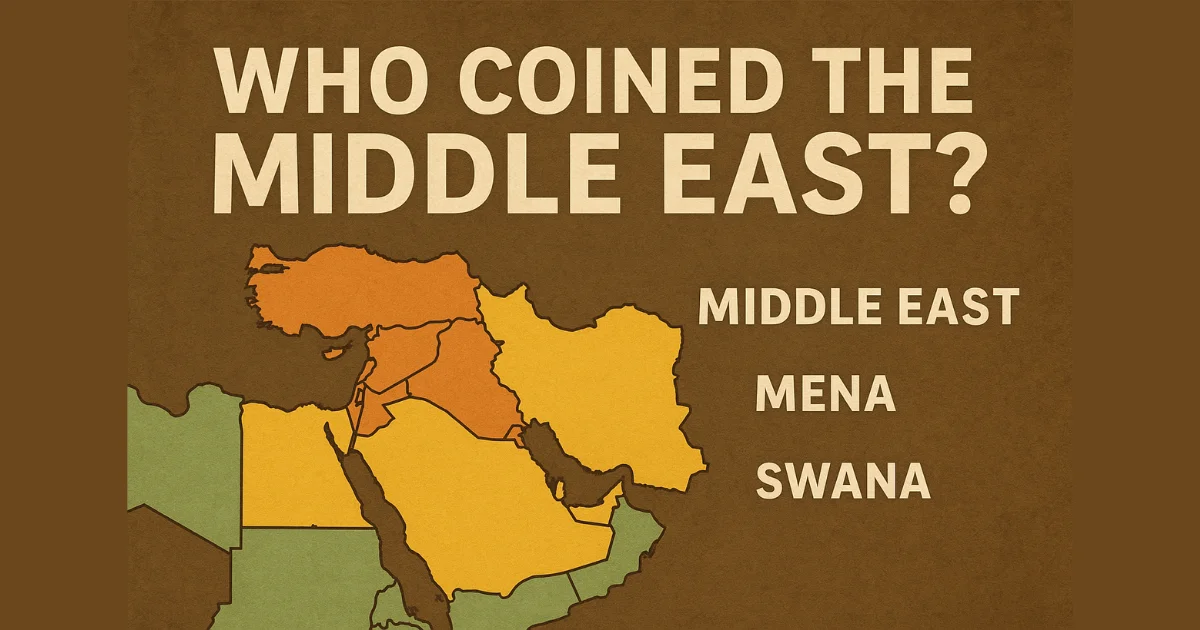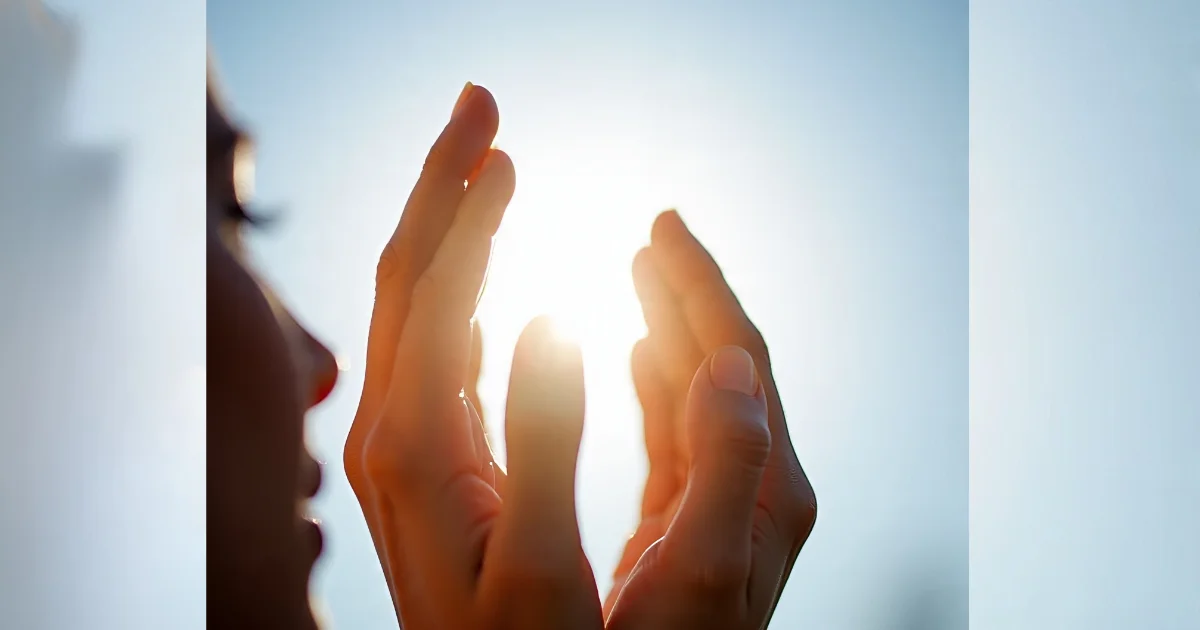Climate Anxiety Toolkit: Practical Ways to Take Action Without Burnout
Introduction
Are you feeling the weight of the climate crisis? You’re not the only one. More and more people are feeling eco-grief, climate anxiety, and a sense of overpowering dread as they hear more and more bad news about our planet. It’s not your fault that you feel “eco-anxiety”; it’s a normal response to a global crisis. But how do we turn that dread into action that matters without getting burned out? This toolbox has useful tips that focus on small activities, connecting with others in your community, and building mental strength.
The Problem: Going from worry to inaction
Seeing news stories all the time about bad weather, loss of biodiversity, and politicians not doing anything might make you feel sad, angry, and tired. Climate anxiety is a type of chronic stress that can make you feel stuck. The answer is not to disregard these feelings but to accept them and discover healthy, long-lasting strategies to deal with them. Taking action is generally the best way to get rid of worry, but it has to be activity that lasts.
The Toolkit: Your Guide to Long-Term Action
- Micro-Actions: Small Steps, Big Impact (The Power of “Doing Something”) Don’t forget how strong tiny, regular actions may be. They build momentum, give people back their sense of control, and together make significant changes. Concentrate on what you can handle: Cut down on your waste by switching out one single-use item for a reusable one, like a shopping bag, coffee cup, or water bottle. Eat one more meal a week that is based on plants. Unplug devices that you aren’t using. Instead of driving, walk or ride your bike for a short trip. Don’t try to be flawless; focus on making progress.
- Conscious Consumerism: Before you buy something, look into how the company is doing to be more environmentally friendly. Help with a farmer’s market in your area.Why it helps with anxiety: Small, intentional steps empower you to take control in a tangible way. Breaking down a large problem into manageable tasks reduces feelings of overwhelm and boosts your confidence.
- Community Projects: Collaborating for StrengthIsolation often intensifies anxiety. Connection gives people strength and makes them act. Getting involved with other people makes your impact bigger and gives you important emotional support.
- Join the work that is already going on: Help out with a local environmental group by planting trees, cleaning up the beach, or restoring habitats. Join a climate action group in your town or city and go to a meeting. Help out with a communal garden.
- Start small and close to home: Set up a “swap shop” for clothes or tools in your community. Start a “repair cafe” where people may come together to fix things. Create a Little Free Library that has books about the environment. Set up a group to write letters to local politicians.
- Skill-Sharing: Give your abilities (such as writing, graphic design, gardening, or organizing) to a local climate group. Get together with your neighbors and learn something new, like composting or gardening with native plants.
Build Resilience Locally: Support or take part in building community resilience hubs (places that are ready for bad weather). Help projects that support local food sovereignty.
.Why it works for anxiety: Working together as a community fights loneliness, gives people social support, builds optimism through shared effort, and makes real changes in the community that you can see and feel. Having the same goal is strong medicine.
A way to keep going: If you don’t take care of your mental health, you’ll burn out quickly. Taking care of yourself isn’t selfish; it’s necessary for staying interested in the long run.
Recognize Your Feelings: Name your feelings, such as sadness, anger, fear, or worry. Write about them in a journal. Talk to a family member, friend, or therapist you trust. It’s acceptable to feel this way; your experience is valid.
Limit your time on news and social media: Be aware of how much time you spend doom-scrolling. Set aside certain periods to look at trustworthy climate news sites. Mute accounts or keywords that make you angry. Choose how you get information so that it focuses on both problems and solutions.
Connect with Nature (Nature Therapy): Spend time outside on purpose every day, even if it’s just for a little while. “Forest bathing” is spending time in nature and using all of your senses. Even taking care of houseplants might help you feel more grounded. Pay attention to how beautiful and strong nature is.
Practice mindfulness and grounding by using breathing exercises, meditation, or yoga to deal with anxiety right now. To stay in the present, pay attention to your senses: 5 things you see, 4 things you feel, 3 things you hear, 2 things you smell, and 1 thing you taste.
Celebrate your successes, big and little: Recognize what you and others have done. Celebrate advances in policy, triumphs in the community, and personal promises. Only thinking about the crisis takes away hope.
Get Professional Help: If climate anxiety is seriously affecting your everyday life, relationships, or capacity to function, go to a therapist or counselor who specializes in eco-anxiety or existential issues.
Why it works for anxiety: These activities lower stress hormones, make you more emotionally strong, stop you from burning out, help you see things from a different angle, and let you get back to work from a place of more peace and clarity.
Conclusion
If you’re worried about climate change, it means you care a lot about the earth and its future. It doesn’t have to stop you in your tracks. This toolkit gives you a means to:
Start Small: Use small actions to regain control and make real changes.
Connect Deeply: Get strength, support, and a bigger influence from community projects.
Take care of yourself: Put your mental health first to avoid burnout and keep working long-term.
This isn’t about being perfect or doing everything by yourself. It’s about figuring out how to stay involved in the movement for change throughout time. The best way to get rid of despair is to take action based on self-compassion and community. Pick one small thing to do today, get in touch with one community resource, and do one thing to take care of yourself. You are required, and your long-lasting, strong contribution means more than you know. ²Let’s work together to turn our worries into hope that lasts.
FAQ's:Climate Anxiety Toolkit:
Do my small acts truly make a difference when giant companies are the greatest polluters?
Yes, for sure. Individual acts are important for several reasons: they lower your carbon footprint, make sustainable behavior more common, stimulate demand for green products, boost your sense of agency (which helps with anxiety), and motivate others. What you do is part of a huge change in the world.
I feel bad when I take a break or do something that isn't related to climate change. Is that normal?
Yes, it’s fairly common, but feeling guilty won’t help in the long run. Part of the answer is to get some rest, have fun, and connect with others. No one benefits from burning out. Self-care is like regular maintenance for a climate activist; you need to recharge to keep going. Plan breaks without feeling bad about it.
What should I do about friends and family that don't care about climate change or my anxiety?
Instead of trying to change people, try to connect with them. Use “I” sentences to explain how you feel, such as “I feel anxious when I think about X.” Don’t judge them right away; just listen to what they have to say. When you do something, it can sometimes be more powerful than arguing. Find help from groups that care about the same things you do.
Where can I discover trustworthy information without feeling overwhelmed?
Pick reliable sources, including scientific groups (NASA, IPCC, NOAA), well-known environmental NGOs (WWF, The Nature Conservancy, 350.org—look for their solution-focused content), and media that focuses on solutions (e.g., Yes! Magazine, The Solutions Journal). Limit how much you eat.
I don't have a lot of time or money. How can I help?
Micro-actions are great! Many of them don’t cost anything (such as unplugging, using less, signing petitions, or talking to your neighbors). Giving your time to local groups is really important. Your voice (writing letters, calling representatives) is free and strong. Begin with what you can reach.




